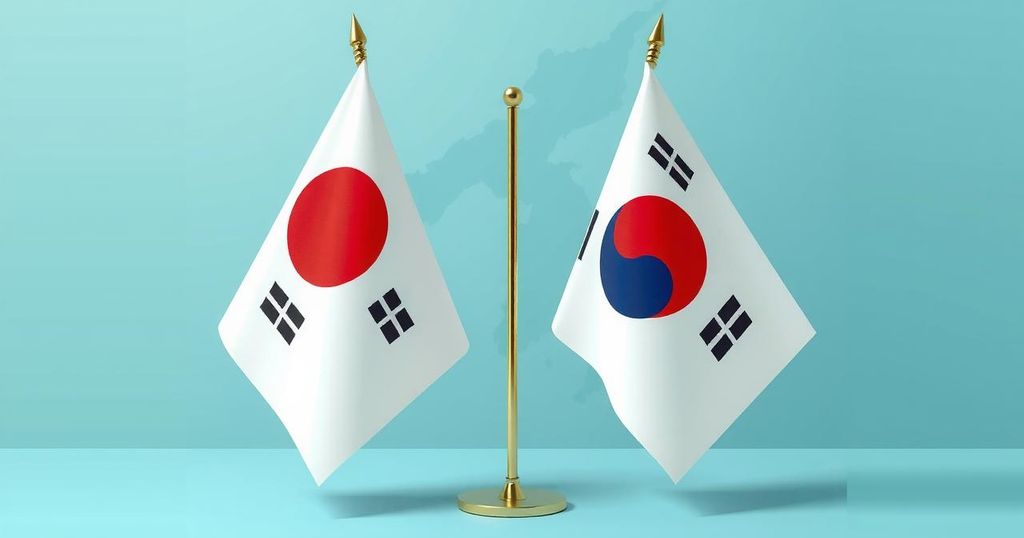South Korea’s Foreign Minister Cho Tae-yul affirmed the country’s readiness to accept North Korean soldiers captured by Ukraine. During discussions with Ukraine, concerns were raised regarding the legal and political challenges that could lead to their potential repatriation to North Korea. Cho emphasized that these soldiers are considered citizens of South Korea under its constitution.
On Monday, South Korea reasserted its position of accepting North Korean soldiers captured in Ukraine. South Korea’s Foreign Minister Cho Tae-yul communicated this stance during a phone call with Ukrainian Foreign Minister Andrii Sybiha. He expressed concerns over potential legal and political challenges that could result in the soldiers’ repatriation to North Korea.
Cho highlighted that the two captured North Koreans, located in Russia’s Kursk region, are recognized as citizens of the Republic of Korea (ROK) under South Korea’s constitution. This classification strengthens South Korea’s resolve to protect and provide asylum for the captured soldiers.
Seoul’s commitment to these soldiers indicates a significant diplomatic stance, reflecting South Korea’s approach to North Korean defectors and international humanitarian principles. This situation requires cooperation between South Korea and Ukraine for a resolution that adheres to both legal frameworks and human rights considerations.
The conversation underscores the complexities involving international relations, the treatment of prisoners of war, and protections afforded under national constitutions. It poses a significant diplomatic challenge that may affect future interactions between South Korea, Ukraine, and the Democratic People’s Republic of Korea (DPRK).
South Korea’s decision to accept North Korean soldiers captured in Ukraine emphasizes its commitment to protecting individuals under its constitutional laws. The reaffirmation by Foreign Minister Cho Tae-yul highlights the complexities of international politics concerning prisoners of war and national identity. Cooperation with Ukraine will be crucial in navigating the legal and humanitarian aspects of this situation while avoiding repatriation to North Korea.
Original Source: www.nknews.org






